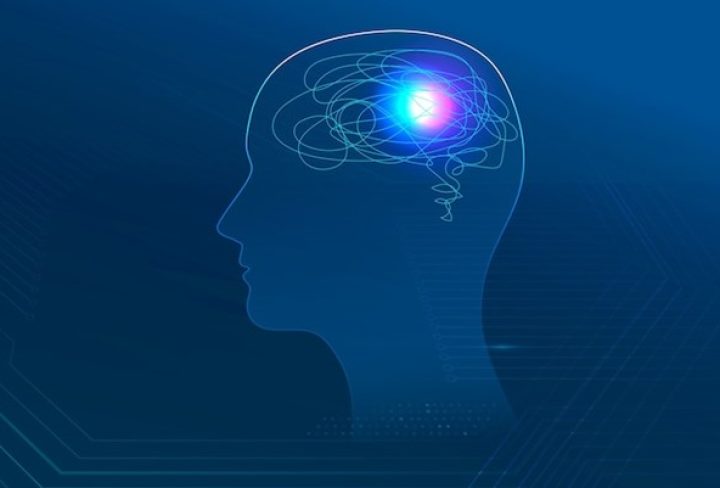A brain stroke, commonly known as a stroke, is a medical emergency that occurs when there is a sudden disruption in the blood flow to a specific region of the brain or when a blood vessel within the brain ruptures. This interruption in blood flow can deprive the brain of oxygen and vital nutrients, leading to brain cell damage and potentially permanent neurological deficits.
Types of Brain Strokes
There are two main types of brain strokes: ischemic strokes and hemorrhagic strokes.
Ischemic stroke is caused by a blockage in a blood vessel that supplies blood to the brain. This blockage can be due to a blood clot, a piece of plaque that has broken off from an artery wall, or an air bubble.
Hemorrhagic stroke is due to bleeding in the brain. This bleeding can be caused by a weakened blood vessel that ruptures, or by a head injury.
Symptoms of a Brain Stroke
Symptoms vary depending on the type of stroke and the area of the brain that is affected. Some common symptoms are:
- Sudden weakness or numbness on one side of the body
- Difficulty speaking or understanding speech
- Vision problems (blurred vision or double vision)
- Dizziness or loss of balance
- Headache
- Confusion
- Seizures
What to Do If You Think You Are Having a Stroke?
If you think you are having a stroke, it is important to seek medical attention immediately. The sooner you receive treatment, the better your chances of recovery.
The acronym FAST can help you remember the symptoms of a stroke:
Face drooping: Ask the person to smile. Does one side of the face droop?
Arm weakness: Ask the person to raise both arms. Does one arm drift downward?
Speech difficulty: Ask the person to say a simple phrase. Is their speech slurred or garbled?
Time to call 911: If you notice any of these symptoms, call 911 immediately.
Treatment for Brain Stroke
The treatment for a brain stroke depends on the type and the severity of the symptoms. Ischemic strokes can be treated with medications that dissolve blood clots or with surgery to remove the clot. Hemorrhagic strokes are usually treated with surgery to stop the bleeding.
Recovery from a Brain Stroke
The recovery from a brain stroke can be a long and difficult process. The extent of the recovery depends on the severity of the stroke and the area of the brain that is affected. Some people make a full recovery, while others may have some residual disabilities.
Preventing a Brain Stroke
There are a numerous way to reduce your risk of having a brain stroke. These include:
- Controlling your blood pressure
- Controlling your cholesterol
- Managing your diabetes
- Quitting smoking
- Eating a healthy diet
- Exercising regularly
Brain strokes are a serious medical condition that can have a devastating impact on a person’s life. However, there are a several ways to reduce your risk of having a stroke. By knowing the symptoms of a stroke and taking steps to prevent it, you can help keep yourself and your loved ones safe.

